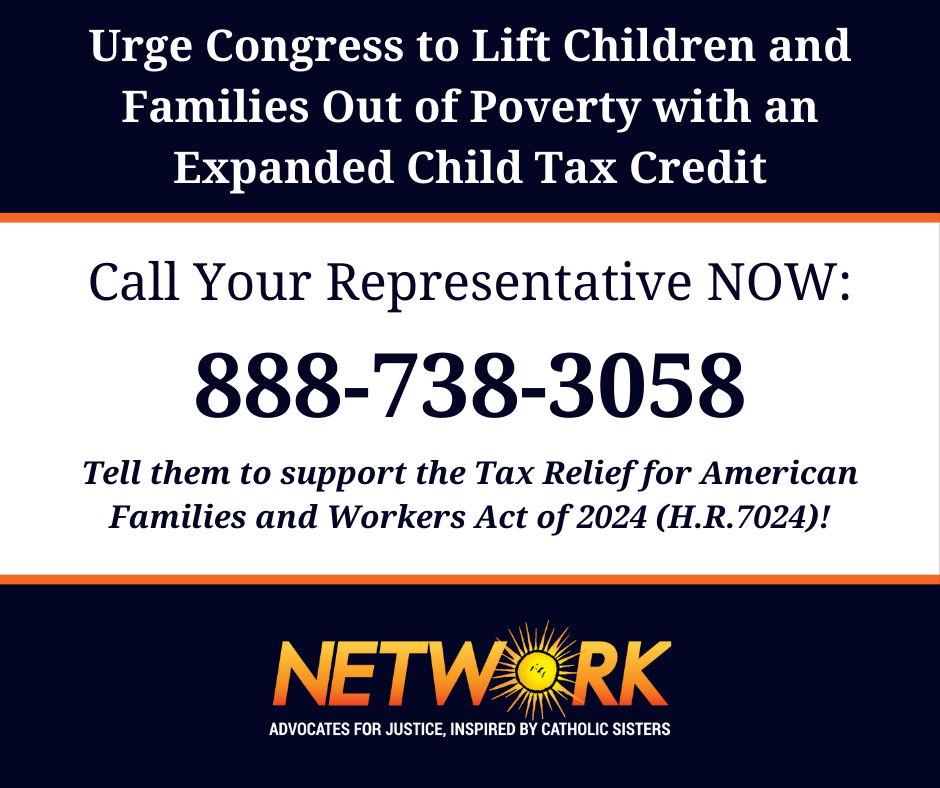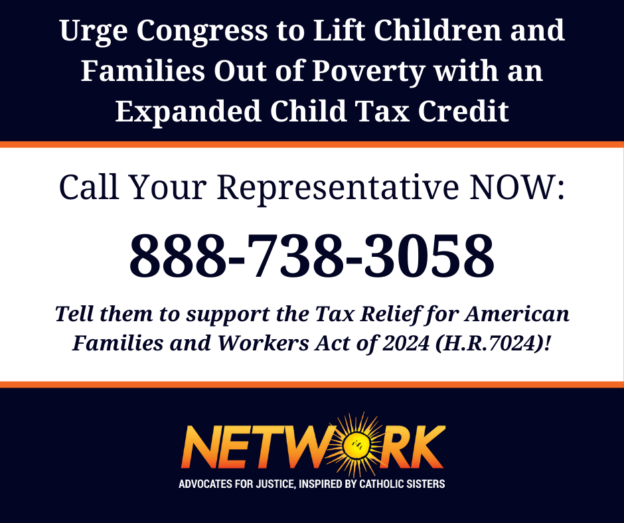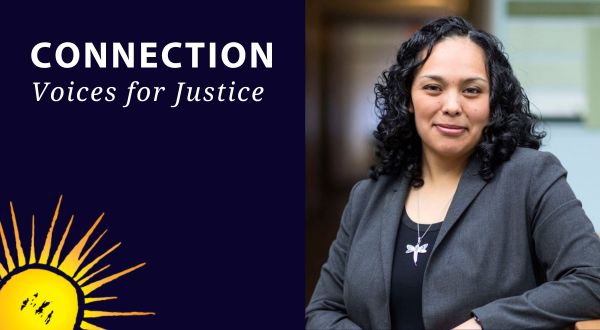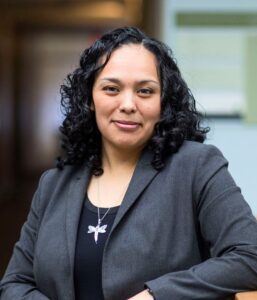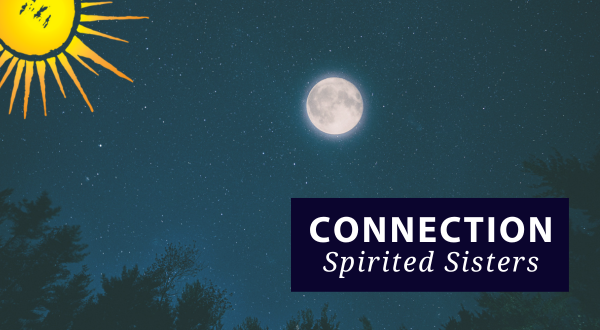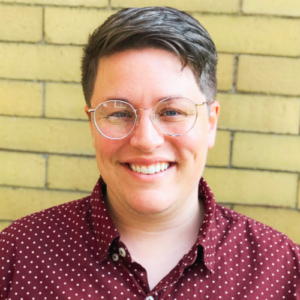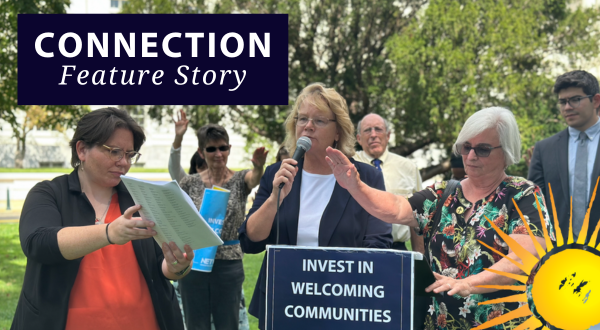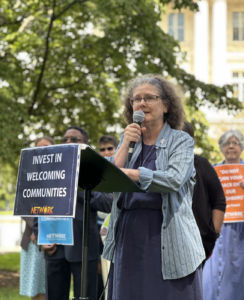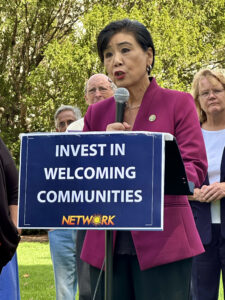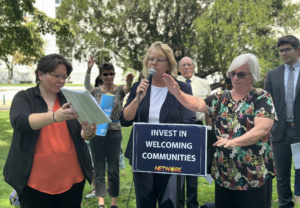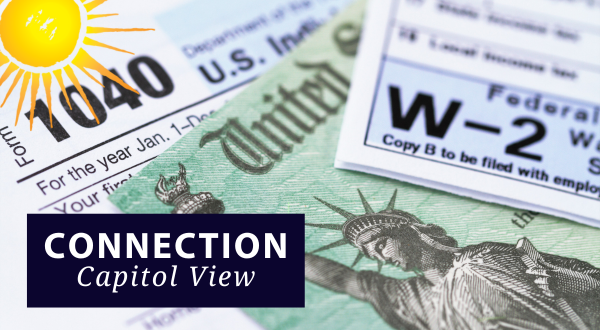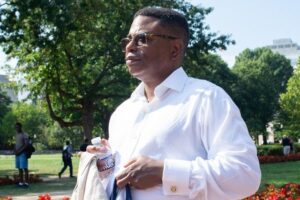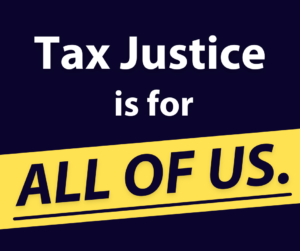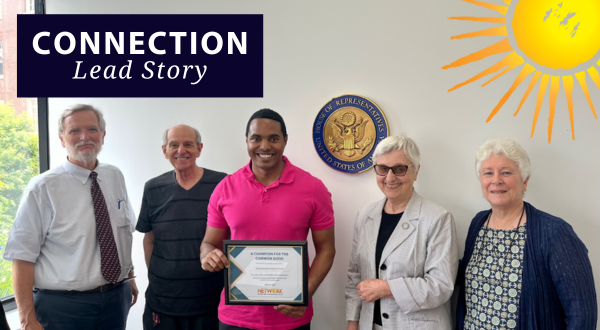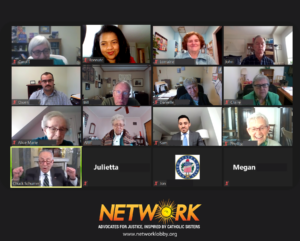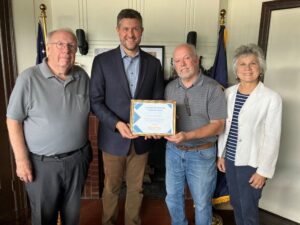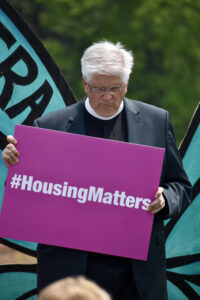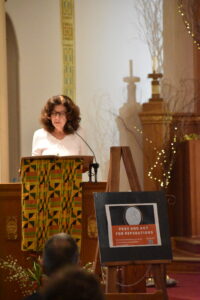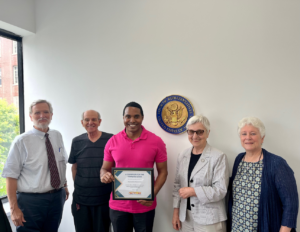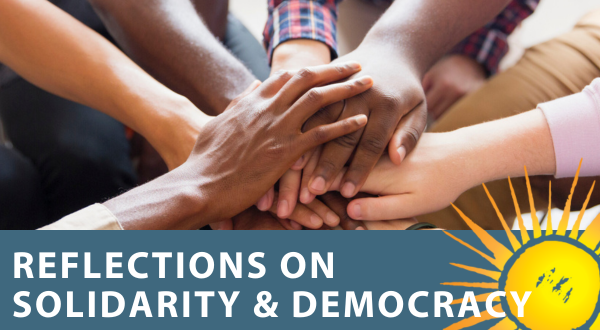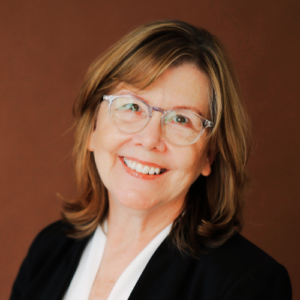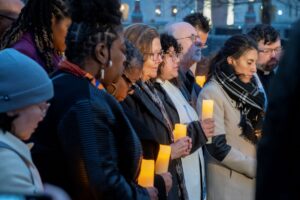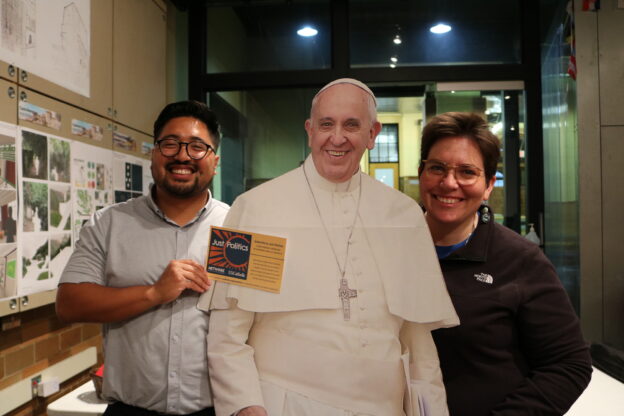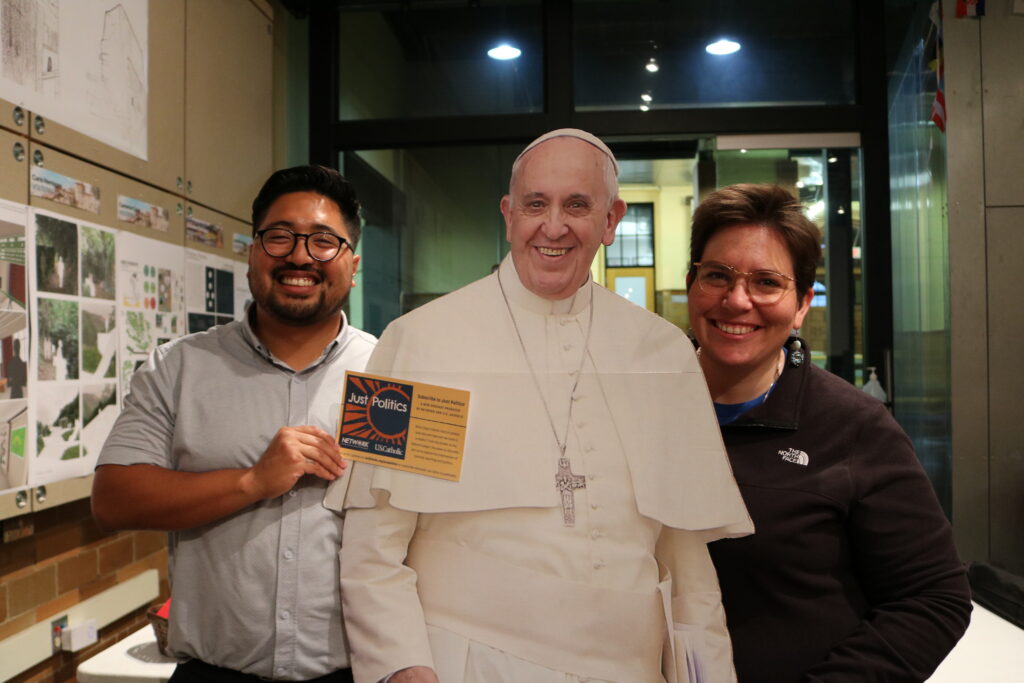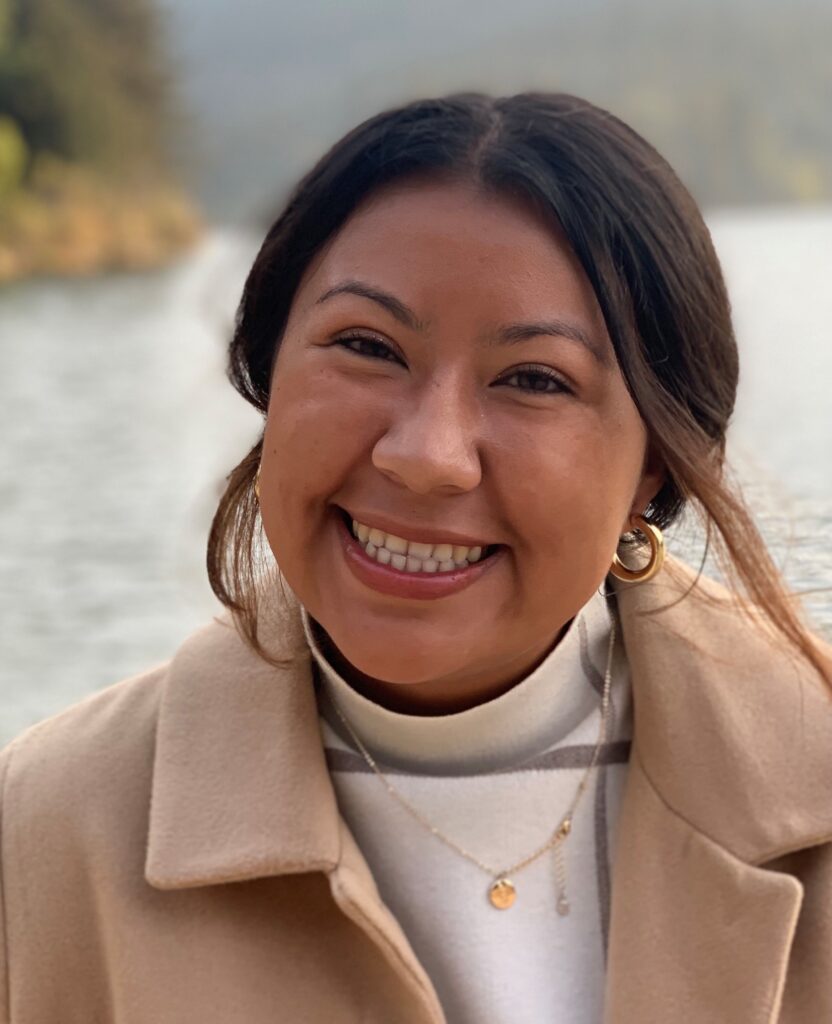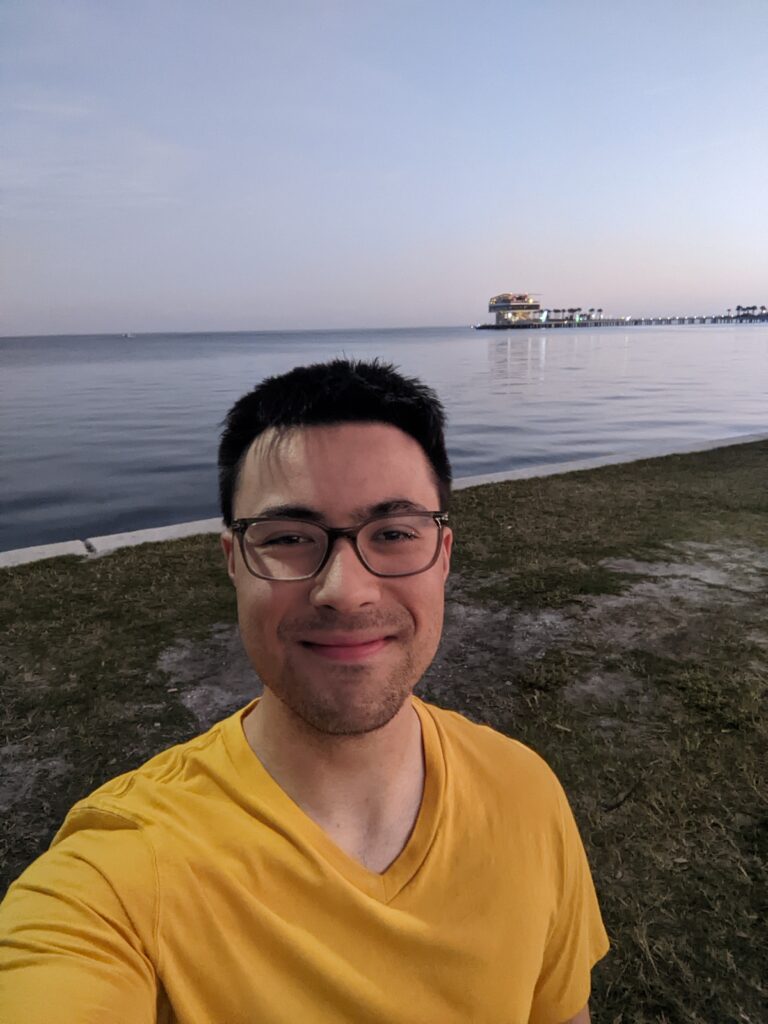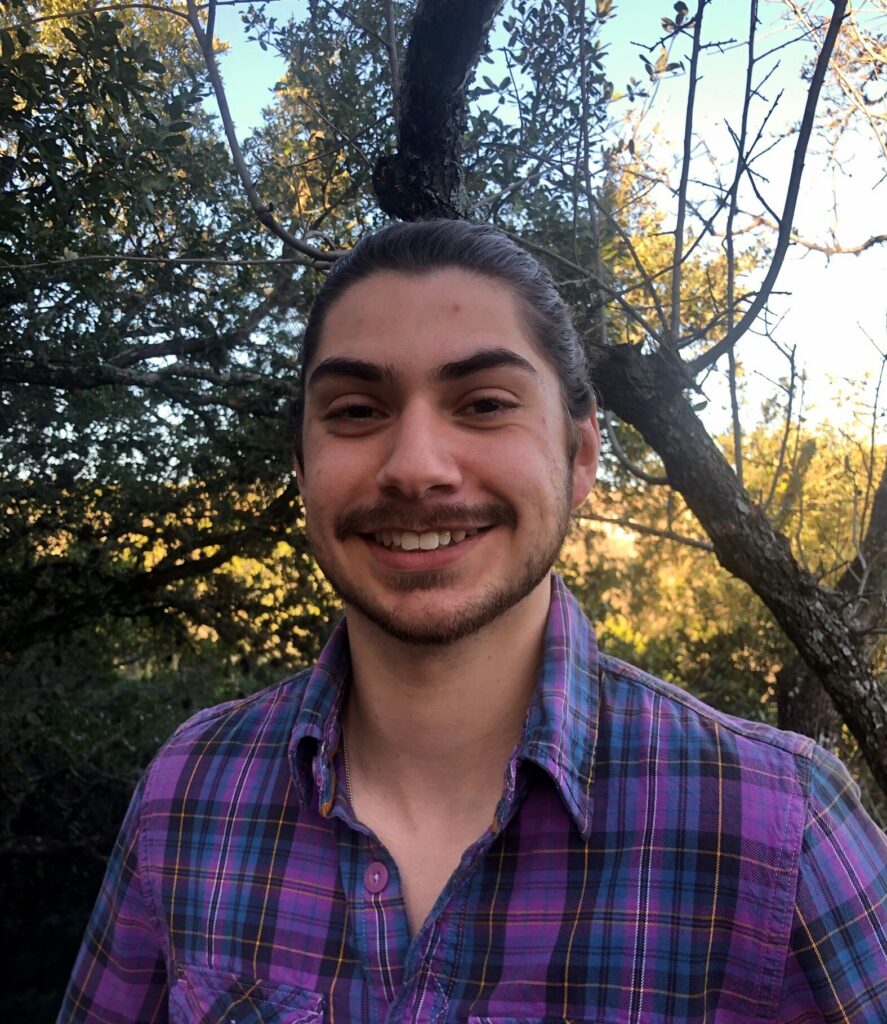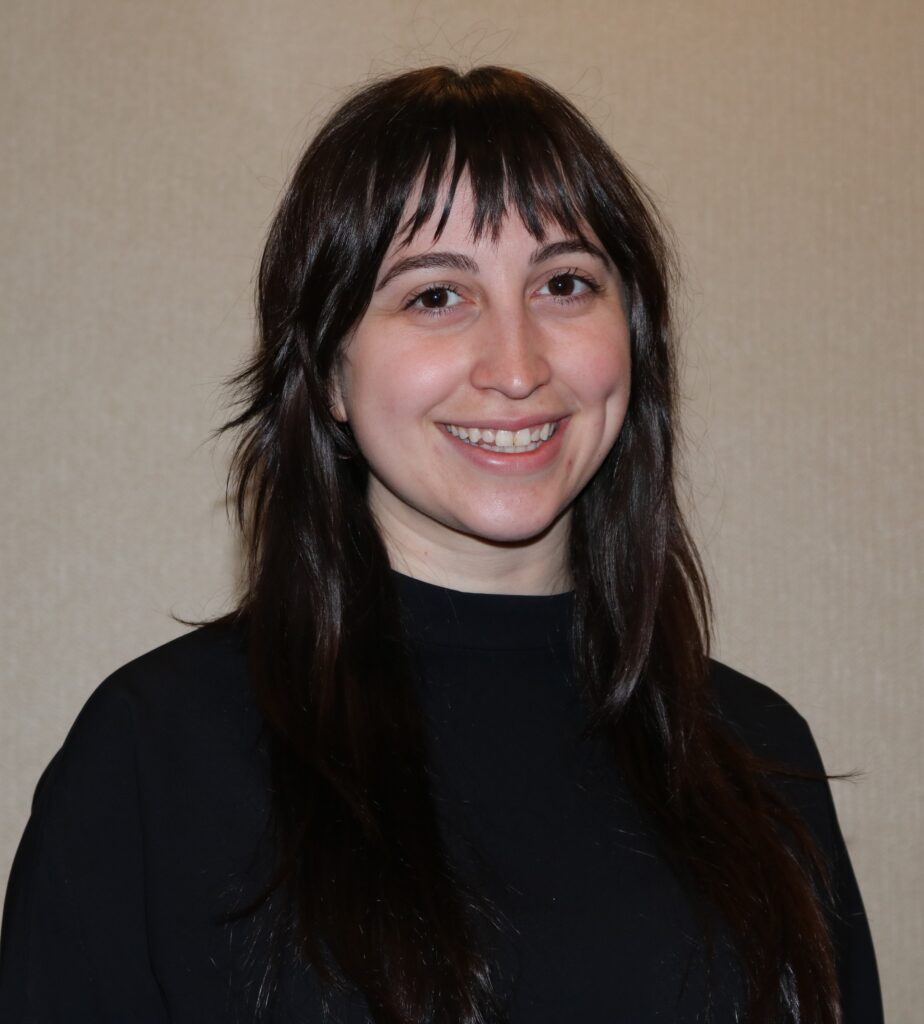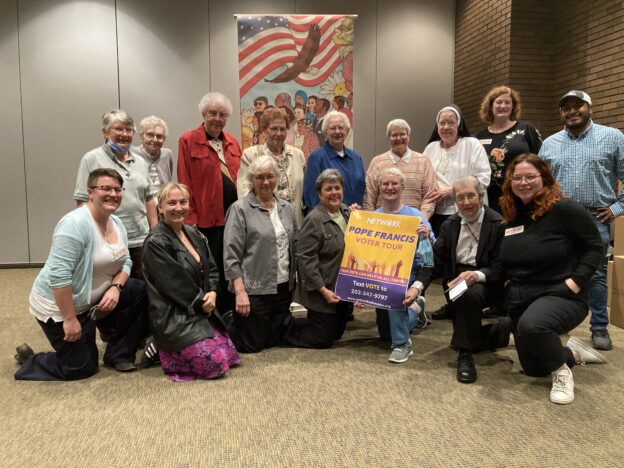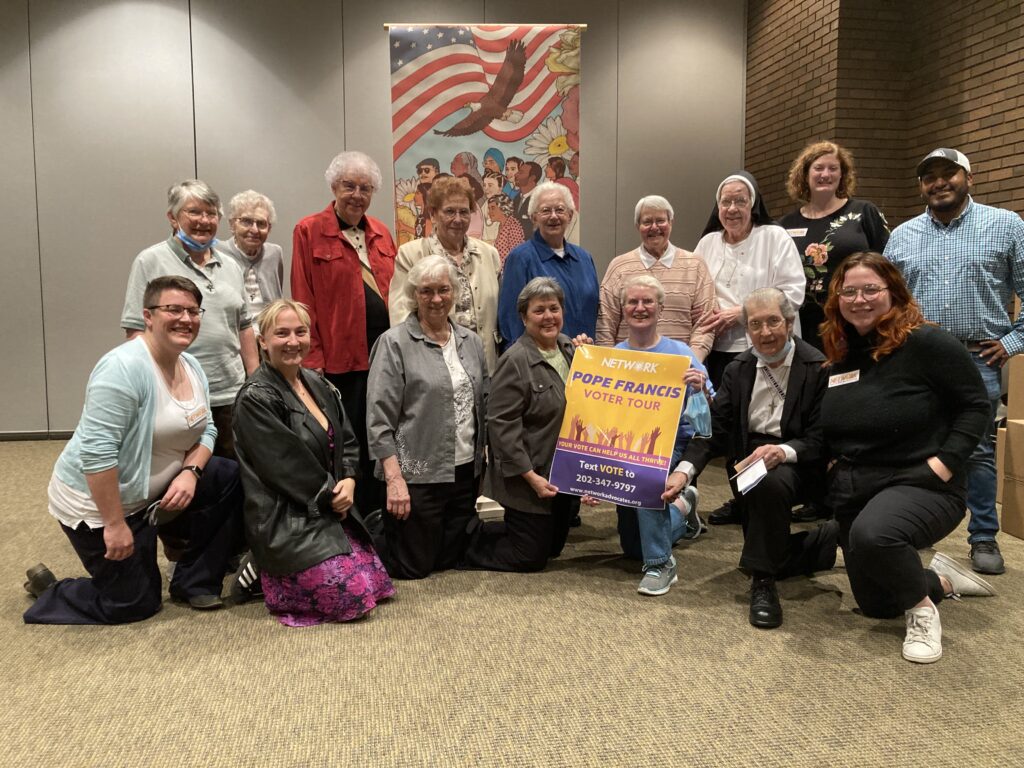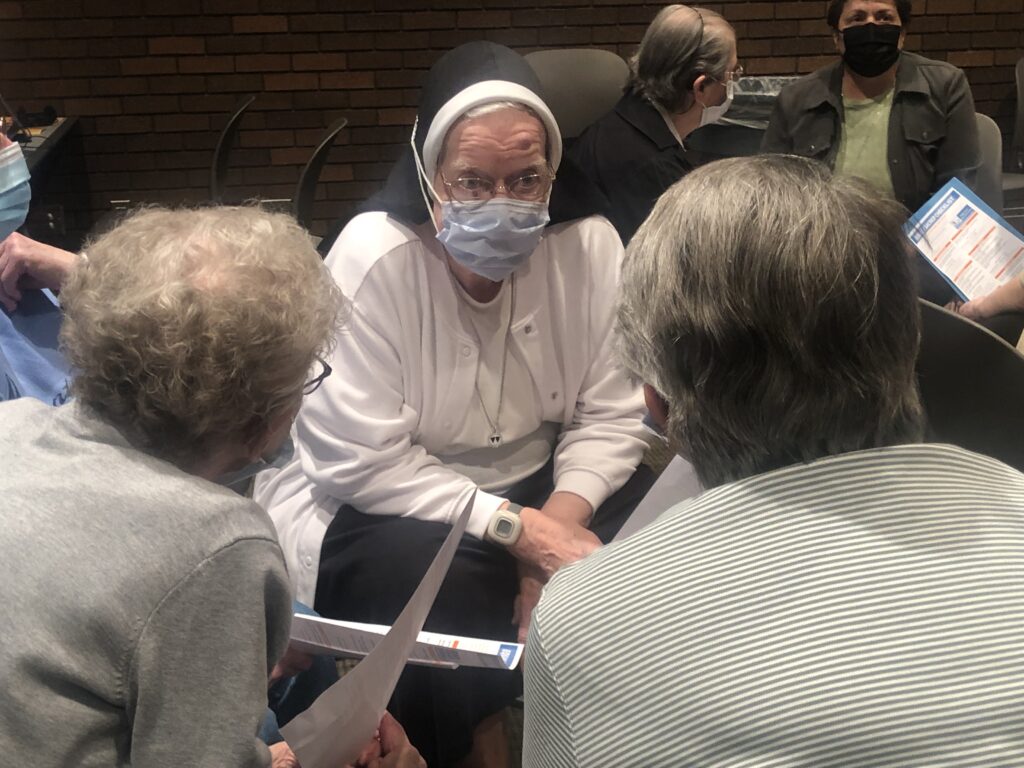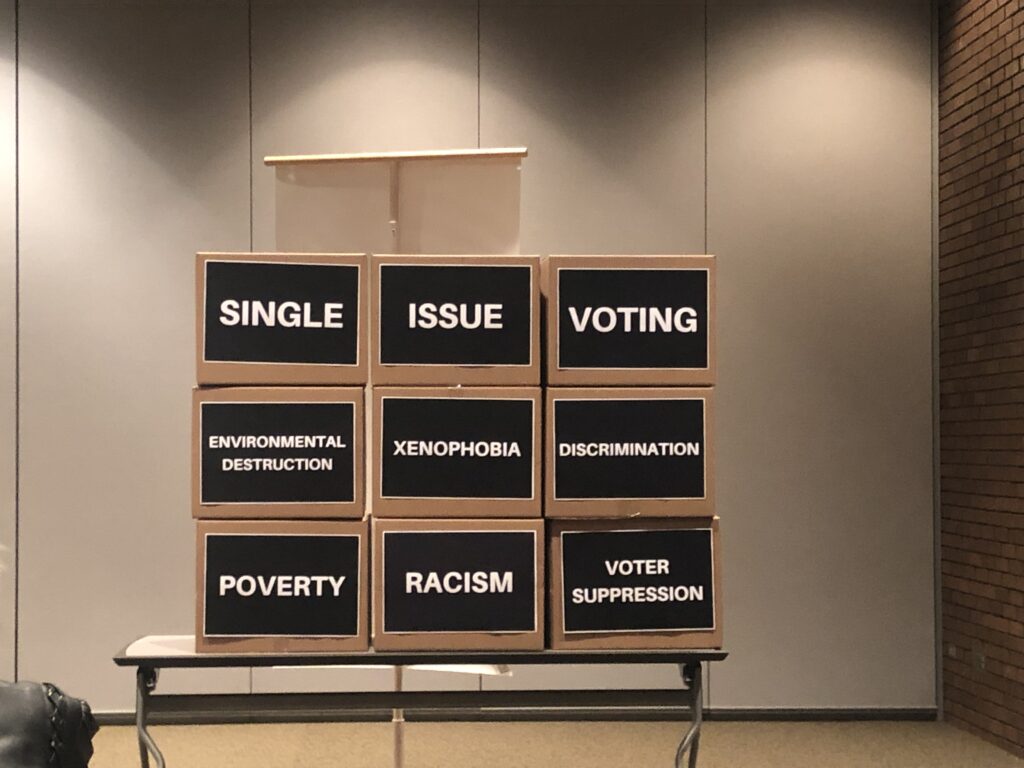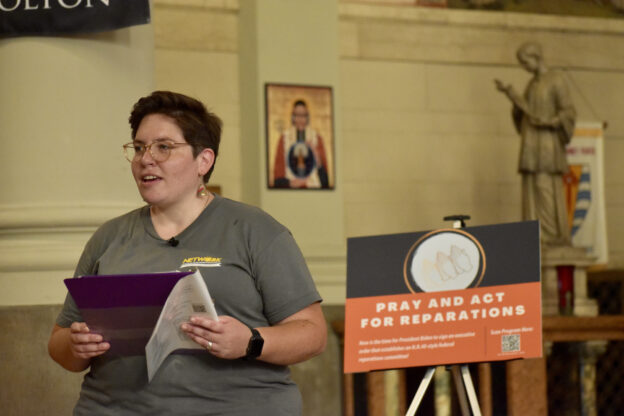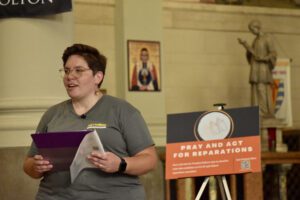Action Alert: Call Your House Representative
Tell them to pass the Tax Relief for American Families and Workers Act of 2024!
January 17, 2024
Hardworking families need your help right NOW. Call 1-888-738-3058 today and urge Congress to pass the Tax Relief for American Families and Workers Act of 2024 (H.R.7024). Republicans and Democrats worked together on this important legislation that would increase the tax credit for hardworking parents who’s low income keeps them in poverty, struggling to make ends meet as they.
The Tax Relief for American Families and Workers Act of 2024 (H.R.7024) will make meaningful progress toward the goal of ending child poverty. According to the Center on Budget and Policy Priorities, a half-million kids will be lifted out of poverty and about 5 million more will be less poor. Hardworking families need this tax credit! The bipartisan proposal to expand the CTC was led by Senate Finance Chairman Ron Wyden (Oregon) and House Ways and Means Committee Chairman Jason Smith (Missouri-08). NETWORK calls for its urgent passage. We need your help to get it passed!
How can you help? Call your Representative today to help get the Tax Relief for American Families and Workers Act of 2024 (H.R.7024) passed?
CALL NOW! Tell Your Representative:
Pass the Tax Relief for American Families and Workers Act of 2024!
*Dial 1-888-738-3058 to reach your member of Congress.
____________________________
When you call, here’s what you might say:
“Hello, my name is [YOUR NAME] from [YOUR TOWN]. I want to let [REPRESENTATIVE’s NAME] know that our country needs to reduce child poverty–which has doubled since 2022. That’s why I support the bipartisan-supported Tax Relief for American Families and Workers Act of 2024 (H.R.7024). As a NETWORK Lobby for Catholic Social Justice advocate, I believe it is immoral for children to go without meals, medical care, housing, and other vital needs. This CTC proposal will give lower-income parents the money they need to properly provide for their families.
Expanding the CTC to more families is more important now than ever. For people in my community, in our state, and across the country, wages don’t cover the high cost of monthly bills, like groceries and childcare. And hardships like this add up–pushing far too many people into poverty. This is not the time for politics as usual. Congress must work together. Will [REPRESENTATIVE’S NAME] work with their colleagues to pass the bipartisan CTC bill immediately?
More about the proposed expanded Child Tax Credit bill
Although it is not as generous as the tax credit in the American Rescue Plan Act, this proposal will provide full CTC benefits to approximately 16 million children who are currently deprived of CTC resources solely because their families do not earn enough money. More than 20 percent, or one in five children, will benefit from this tax credit.
Under the current law, 19 million children are ineligible for full CTC benefits, solely because their families do not make enough money. The Tax Relief for American Families and Workers Act of 2024 expands the tax credit to include nearly 16 million more children of parents who make lower incomes. While the monthly checks that NETWORK supporters advocated for are not included, this is a meaningful CTC expansion. More than one in five children would benefit.
